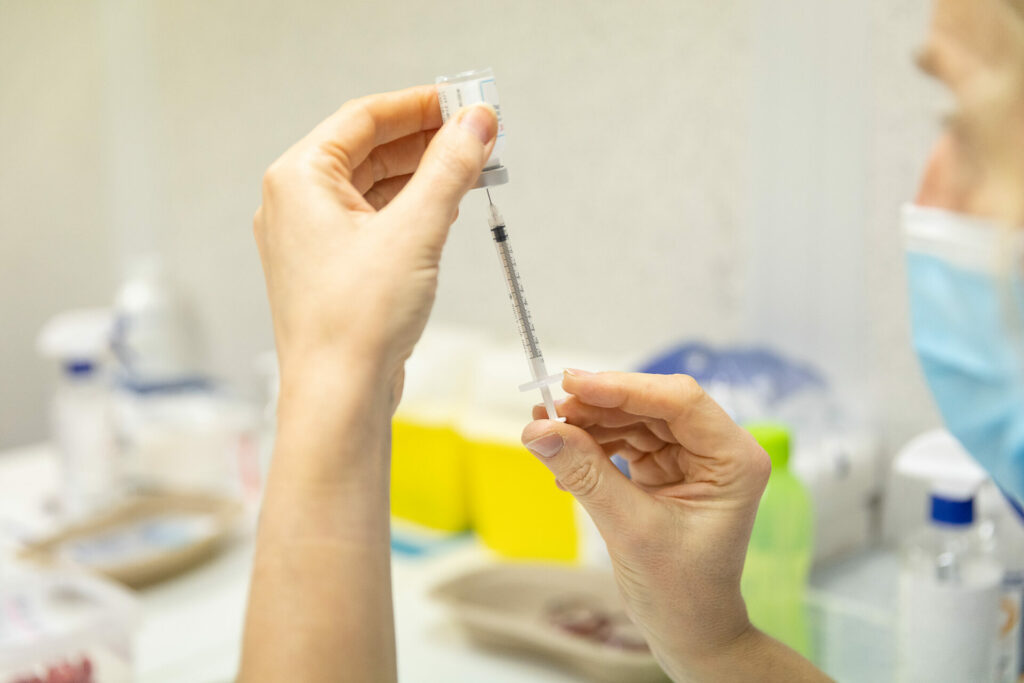Vaccines to treat cancer, heart and autoimmune diseases may be available by the end of the decade, announced American pharmaceutical firm Moderna.
The company developed a leading vaccine for COVID-19, using mRNA technology, which is at the foundation of the new promising vaccines that the firm is hailing. Many experts believe that the spur of research prompted by the pandemic accomplished 15 years’ worth of progress in 12 to 18 months, the Guardian reports.
Moderna’s cancer vaccine would not prevent the disease but would treat it, specifically by targeting tumours and teaching the immune system to attack and shrink them.
Personalised cancer vaccines
“We will have that vaccine, it will be highly effective and will save many hundreds of thousands if not millions of lives. I think we will be able to offer personalised cancer vaccines against multiple different tumour types to people around the world,” said doctor Paul Burton the chief medical officer of the pharmaceutical company.
Patients would get personalised vaccines, as the antigens in them have to be tailored for the make-up of the tumour being treated, in order to teach the immune system to not attack the healthy cells as well.
A machine-learning algorithm is also used in the treatment process, to identify the mutations which drive the growth of tumours.
Last week, Moderna announced it received a priority designation from the European Medicines Agency for the personalised vaccine to treat late-stage melanoma, the most serious form of skin cancer. This designation is meant to speed up the development process in order to get it to people who need it as soon as possible.
Related News
- 'Absolutely necessary': Belgium implements first-ever nationwide alcohol plan
- Breast cancer patients treated in unaccredited clinics face higher risk of dying
- Brussels hospital uses surgery robot to increase accuracy in operations
Burton also said that mRNA vaccines could be also used for rare diseases with no treatment, and also described the possibility of a single-shot vaccine for respiratory diseases - a vaccine which would ensure immunity against the flu, COVID and respiratory syncytial virus.
“We will be approaching a world where you truly can identify the genetic cause of a disease and, with relative simplicity, go and edit that out and repair it using mRNA-based technology,” Burton said.
The progress promised by mRNA vaccines hinges on a steady flow of funding. Andrew Pollard, director of the Oxford Vaccine Group, told the Guardian that it is a matter of investing “during peacetime”. Since research funding ballooned under the threat of the pandemic, the pace of progress can be maintained if the magnitude of funding is also maintained.

